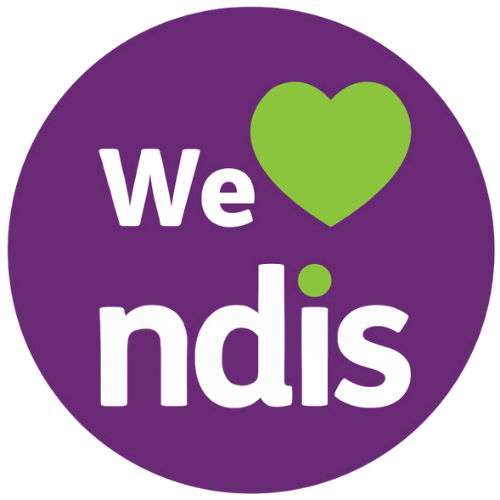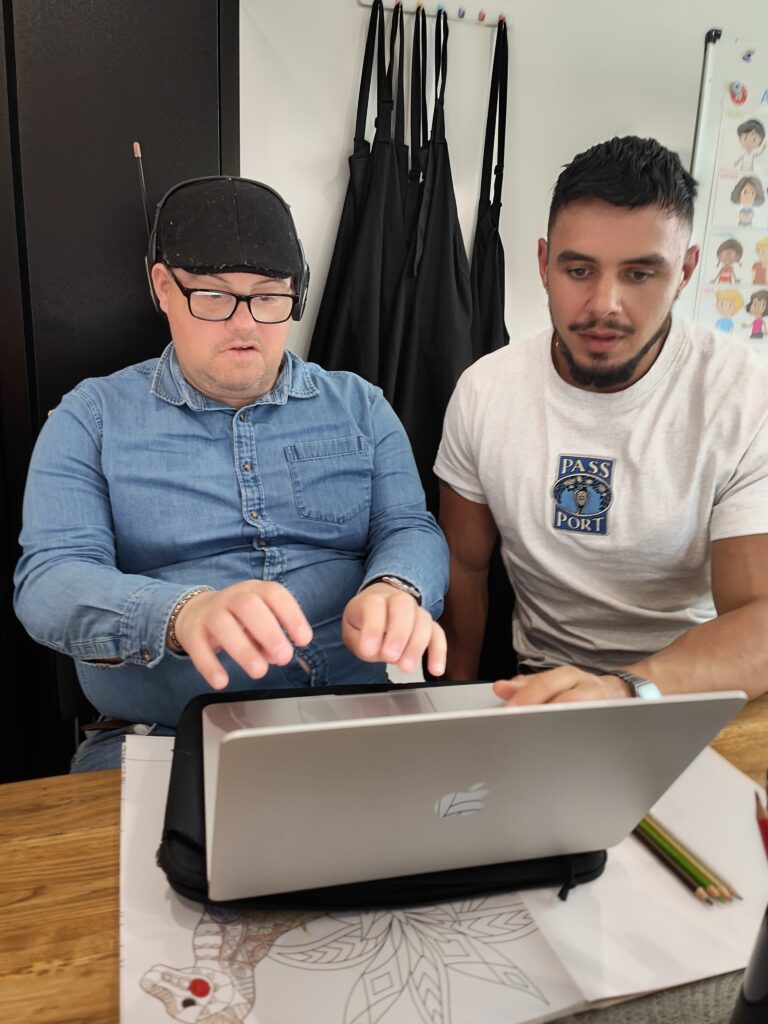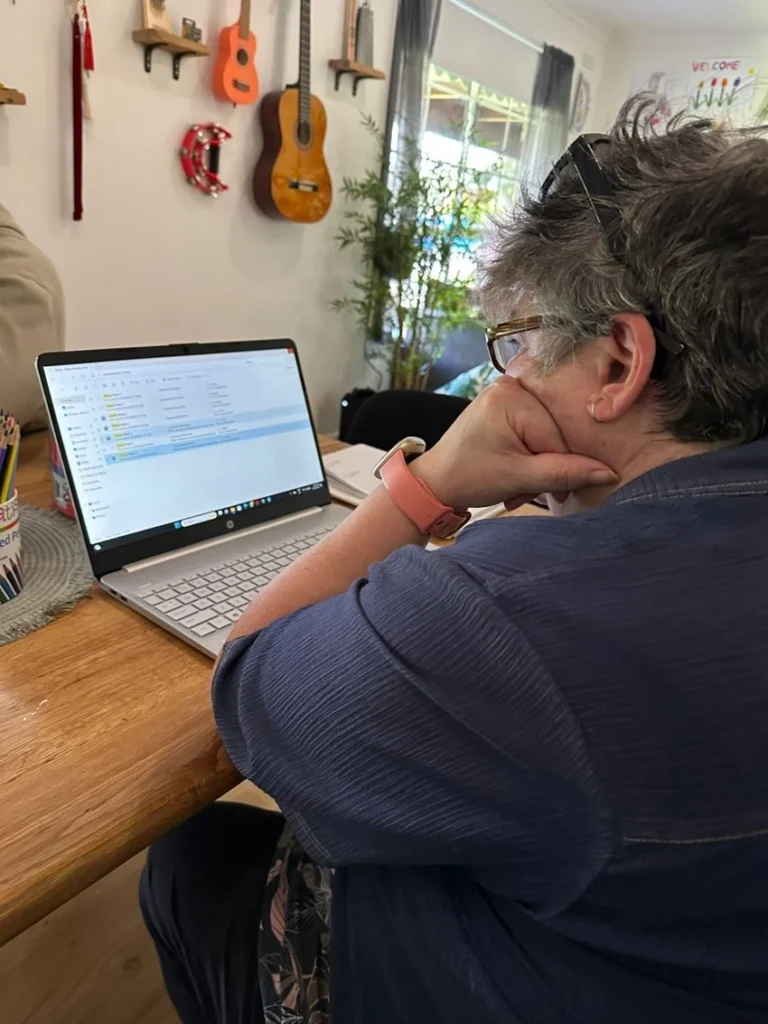Narelle used to struggle with social interactions and self-esteem, but since joining the program, she has blossomed in ways that have amazed both herself and the Maudcare team. The structured nature of the fitness program has given her a sense of routine and predictability. It has not only enhanced her physical health but has also improved her motor skills. Through regular sessions, Narelle has developed a strong sense of accomplishment, boosting her self-esteem and self-confidence. Furthermore, the program’s social component has enabled Narelle to connect with peers who share her interests, gradually improving her communication skills and providing a supportive network of friends. The positive impact of the Thursday fitness program on Narelle’s serves as a powerful testament to the transformative power of tailored fitness and training for individuals with autism, highlighting the importance of inclusive programs that make a meaningful difference in their lives.

The Transformative Power of Fitness and Training for Individuals with Autism and Psychosocial Disorder.
Physical fitness and structured training programs have long been recognized for their myriad of health benefits, from improving cardiovascular health to boosting mental wellbeing. However, there is a growing body of evidence suggesting that fitness and training can have a profound impact on individuals with autism and psychosocial disorders. In this blog, we’ll explore the numerous ways in which these activities can positively influence the lives of participants.
Enhanced Physical Health
Engaging in regular physical fitness activities can help individuals maintain a healthy weight, improve muscle tone, and increase their cardiovascular fitness. This not only promotes physical well-being but also reduces the risk of obesity-related health issues, such as diabetes and heart disease.
Improved Motor Skills
Many individuals with autism face challenges with motor skills and coordination. Participating in structured fitness and training programs can enhance their gross and fine motor skills. This can lead to improved balance, flexibility, and overall physical coordination, making daily activities easier and more enjoyable.

Sensory Integration
Sensory processing difficulties are common among individuals with autism. Physical activities like yoga, swimming, or strength training can provide sensory stimulation, helping individuals better regulate their sensory experiences. This, in turn, can reduce anxiety and improve overall well-being.
Social Interaction and Communication
Fitness classes and group training sessions offer opportunities for social interaction and skill development. Participants can learn to work in a team, communicate effectively, and build relationships with peers who share similar interests. This can be particularly beneficial for those with autism who may have challenges with socialization.
Stress Reduction
Exercise triggers the release of endorphins, which are natural mood lifters. For individuals with psychosocial disorders, the stress-reducing benefits of fitness can be especially valuable. Engaging in physical activity can help them manage anxiety, depression, and other emotional challenges.
Improved Self-esteem and Confidence
As individuals progress in their fitness and training routines, they often experience a sense of accomplishment and increased self-esteem. Achieving personal fitness goals, such as running a certain distance or lifting a particular weight, can be empowering and boost self-confidence.
Routine and Structure
Many individuals with autism and psychosocial disorders thrive on routine and structure. Participating in regular fitness and training programs can provide a structured daily schedule that promotes a sense of stability and predictability.
Conclusion
The benefits of fitness and training for individuals with autism and psychosocial challenges are truly remarkable. These activities can positively impact physical health, motor skills, sensory processing, social interaction, stress reduction, self-esteem, and overall well-being. As more research continues to shed light on the profound effects of exercise on these populations, it is crucial to recognize the importance of inclusive fitness programs and to make them accessible to all. By embracing the transformative power of fitness, we can help individuals with autism and psychosocial disorders lead healthier, happier, and more fulfilling lives.





